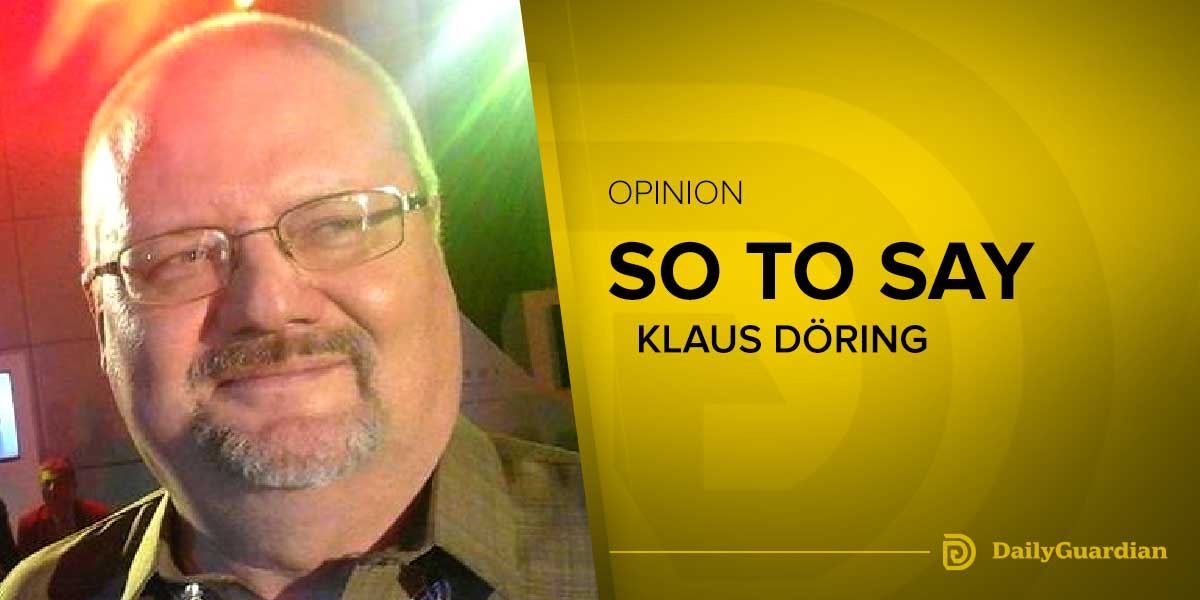By Mary Jea Heaven dela Rosa
According to Pace setting media, two important elements influence how Internet users and grammar interact are age and platform. Grammar is important to older Internet users, and it will influence their decision to use one company over another. When it comes to grammar, younger Internet users are less exacting. Grammar norms are significantly more flexible on Twitter, since space is restricted. When it comes to good language, LinkedIn is one of the most rigorous social media platforms.
As cited by (Chambers, 2022) from Global Lingo study, grammatical errors have an impact on content marketing, not just for readers but also for SEO. Poor grammar can harm your trustworthiness, user experience, and search engine rankings. Meanwhile, the readability of an article is dependent on proper grammar. According to 59 percent of American adults, the most bothersome aspect of the English language is incorrect grammar. A grammatical error can quickly cause the reader to lose interest, which reduces the effectiveness of the content. Indeed, I will not read an essay with grammatical problems because I am easily distracted. I have a feeling I’ll have trouble comprehending an article or post, and I don’t want to waste time on it.
For credibility in the digital world, basic grammar should be observed in formal and informal communication regardless of platform or age. When a public servant or famous person posts something that is not grammatically proper, some people believe they are not that ‘person’. People will sometimes say, “Tingnan mo naman yung pagkakasulat. Hindi sya yan kasi tingnan mo naman mali-mali ang spelling at grammar.” It’s as if we have a standard and criteria that a renowned person should follow when it comes to correct language usage, particularly in the digital realm.
Many individuals base intelligence on grammar. A single blunder can result in a thrashing. I can’t blame them, though, because proper grammar usage is something we should all strive for. We may shorten words due to limited wording, such as on Twitter, yet we still communicate our thoughts not only through content but also through our use of grammar. We don’t want to lose our credibility, and we don’t want people to be unable to comprehend our message due to a grammatical error. If that is the case, it will be a complete waste of time.
Since I first learned about social media, I’ve always made sure that my posts are grammatically accurate. I never posted on my social media accounts when I was in college because I was afraid of messing it up. I was afraid of being judged by numerous people because I have a reputation to uphold (as a UP student). I was always impressed and envious whenever I saw a long post from a college batchmate. I really wanted to post a long thread or post, but I was afraid of being judged. Whenever I muster the courage to post something on my social media accounts, I become apprehensive.
I was careful not to damage my reputation with a single grammatical or typographical error. In college, an upper class from college who was involved in various international organizations advised us that if we wanted to be a part of an academic international organization (for our future resume and career), we should always pay attention to the content we post on our social media accounts and use proper grammar. According to her, academic international organizations conduct background checks on applicants by monitoring their social media accounts.
My perspective on proper grammar on social media was strengthened as a result of this advice from our upper class. Because I was terrified of being judged, I chose to limit my postings. But I understood that I couldn’t express myself or give accurate information if I kept my mouth shut because I was afraid to write something that might harm my image. That question slapped me square in the face. I was too concerned about my image, yet my platform has the potential to not only reach but also educate people. Although I am not an educator, I ensure that my writing is accurate and reputable. From there, I’m joining a society dedicated to combating misinformation and disinformation.
Nowadays, the spread of fake news is very rampant. An online article entitled, “A Guide to Misinformation: How to Spot and Combat Fake News” published by Verizon stated that, there are several telltale signs of a fake news item to be on the lookout for and one of the signs is: The article contains spelling and grammatical errors.
Given this, grammar is really important in a lot of communication. We should cherish language so that it can act as a catalyst for change. We should urge people to utilize proper language because we want to instill the idea that grammar is something that should not be forgotten just because we are on a new platform of communication. Not only does proper grammar exercise help us become more linguistically savvy, but it also helps us battle the spread of false information online.
References:
Chambers, M. (2022). Does Grammar Matter in Content Marketing? https://www.seo.com/blog/does-grammar-matter-in-content-marketing
Grammar in the age of social media – Pace setting media. (n.d.). Pace Setting Media – Social Media Strategies For Businesses On The Go. https://www.pacesettingmedia.com/grammar-in-the-age-of-social-media/
Fighting fake news on social media | Verizon. (n.d.). Verizon: Wireless, Internet, TV and Phone Services | Official Site. https://www.verizon.com/info/technology/fake-news-on-social-media/
Mary Jea Heaven dela Rosa, 25, is a graduate student at the University of Santo Tomas studying for a Master of Arts in Marketing Communication. She works for a pharmaceutical company in the Philippines as a brand manager. She graduated from the University of the Philippines Visayas with a degree in communication and media studies, but she works in marketing as a profession due to her love for advertising and marketing.





















